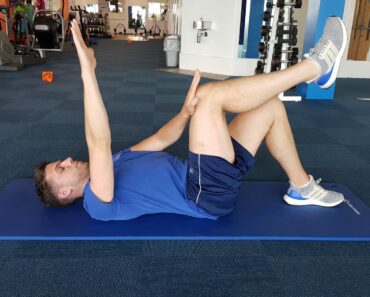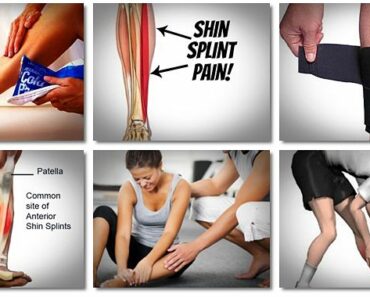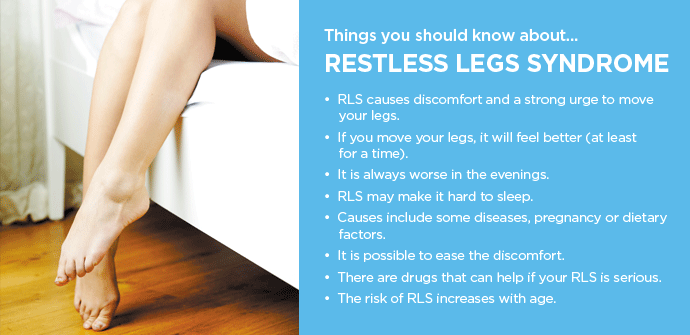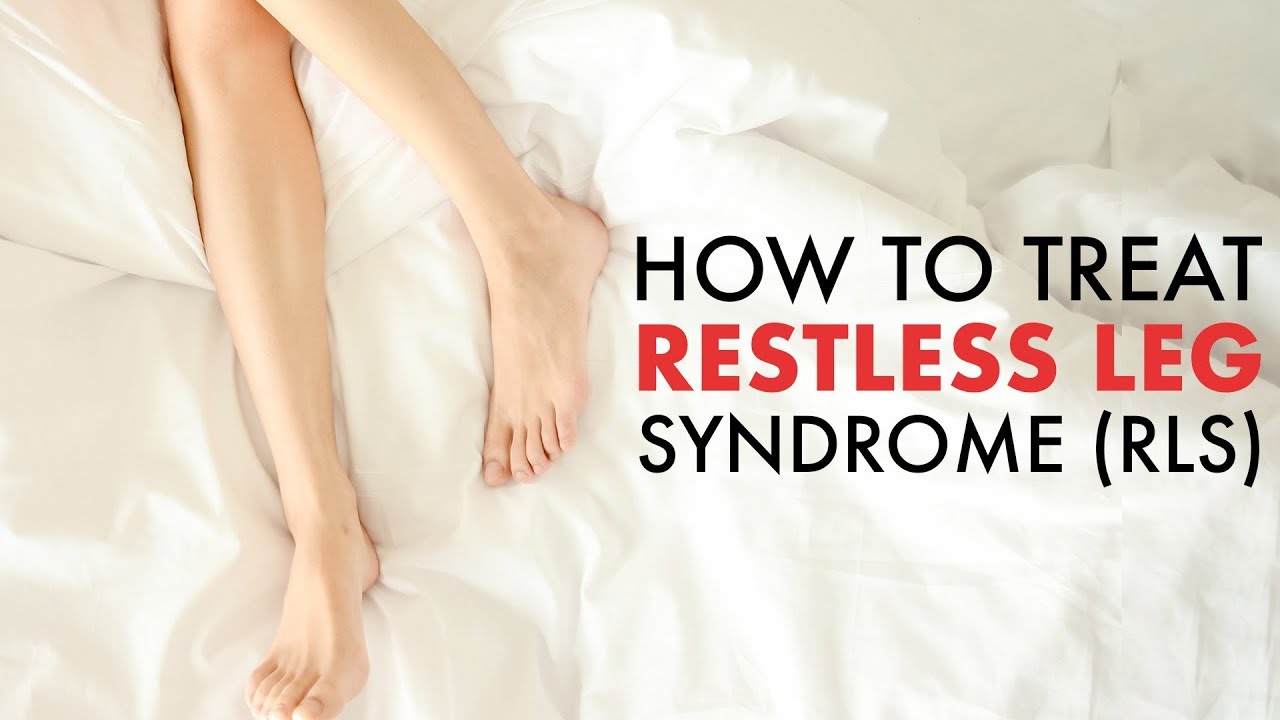Have you ever been kept awake at night by the uncontrollable urge to move your legs that occur with restless legs syndrome? If so, I’m sure you’ve looked for ways to get relief and reduce these symptoms because they cause you to lose sleep and become stressed.
Well, Restless Legs Syndrome (RLS), commonly referred to as Willis-Ekbom illness, is a condition that causes a variety of unpleasant feelings, the majority of that which happen in the legs. These symptoms have already been described as creeping, tingling, and crawling, and they might likely lead to an overpowering desire to move the affected limb.
Most persons with RLS experience just minor symptoms, and they can live with it without fear. On the other hand, RLS could significantly impact people’s lives and is likely to have a negative effect if your symptoms are already moderate to severe. It can keep you from obtaining a decent night’s sleep, which can affect your daytime concentration and thoughts, as well as your work and social activities.
RLS can cause tension, worry, and depression as a result of these issues. And the more you have this problem, the worse it will become. It can also spread to other areas of your body, such as your hands, so you should read this article all the way to the end to find out what treatments are accessible to you.
The following is a list of the most effective RLS treatments. You can try some of these treatments on your own. However, you can address these with your doctor, who can help you develop a treatment plan to alleviate your RLS symptoms.
Best Treatment for Restless Leg Syndrome
Check All The Possible Causes
To address RLS, the first step is to determine what is causing it. RLS can be linked to variables that are mostly beyond your power, such as heredity or pregnancy, but there are other causes that can be handled.
These factors could include your everyday behaviors, prescriptions you’re taking, health concerns you’re dealing with, or any other circumstance that causes your body to react.
Avoid consuming alcohol, coffee, or tobacco. It could make you feel better. Furthermore, discuss the medications you’re taking with your doctor to see if any of them could be the source of your condition. Any fundamental medical issues, such as anemia, diabetes, dietary deficits, and renal disease, should be addressed. It may be necessary to take nutritional supplements to remedy a vitamin or mineral deficit. These therapies may be all that is required for some people to experience relief from RLS symptoms.
Compresses (warm or cold) can be relaxing.
Heated or cooled pads are frequently used to treat swelling caused by injuries and other disorders. It can be helpful by providing a fresh sensation for the brain to understand, which may help alleviate the unsettling feelings associated with restless legs syndrome.
Exercise
If you have restless leg syndrome, a decent and appropriate workout will undoubtedly help you feel better. However, you should definitely exercise in moderation, keeping in mind that everything in excess is harmful. Do not overwork yourself to the extent of aches and pains, as this may worsen your RLS symptoms.
Massage
RLS symptoms may be relieved by massaging your leg muscles. Aside from the fact that several health organizations, such as the National Institutes of Health, recommend this as a treatment for at-home use,
When should you seek assistance?
Home remedies, of course, have their limitations. If none of these recommendations work for you, you should probably seek professional assistance. Although not everyone with restless legs requires medical attention, severe cases can be painful.





